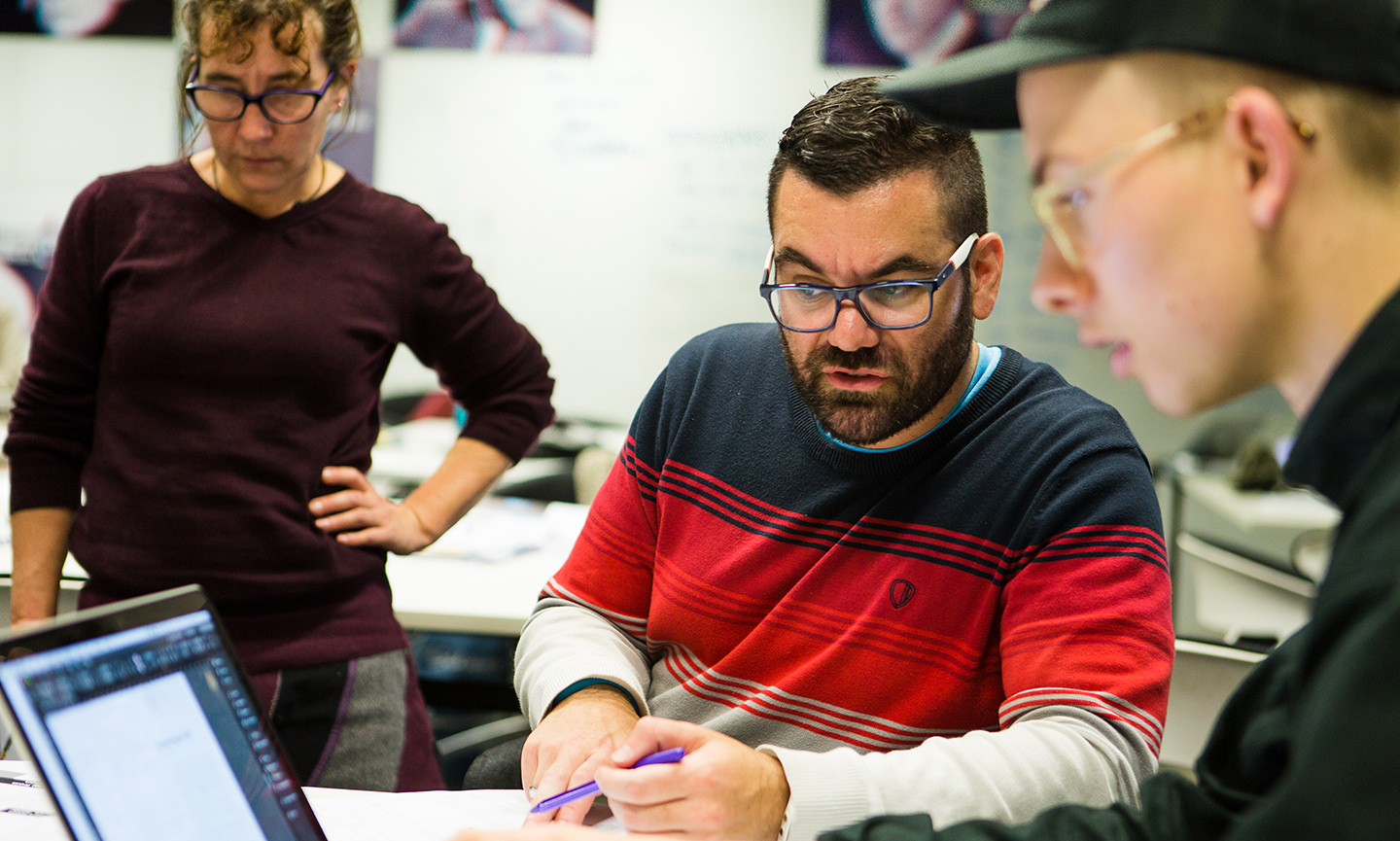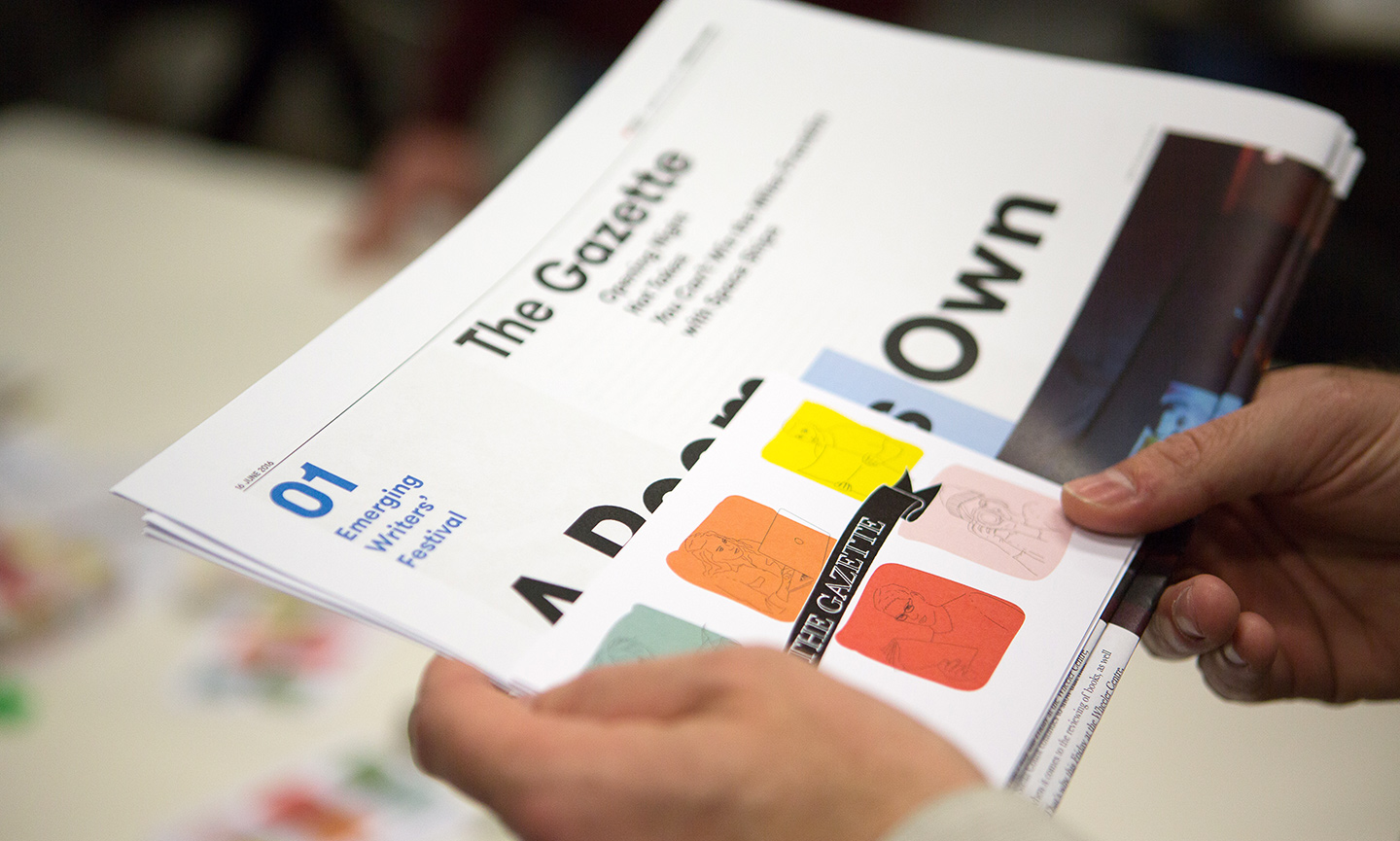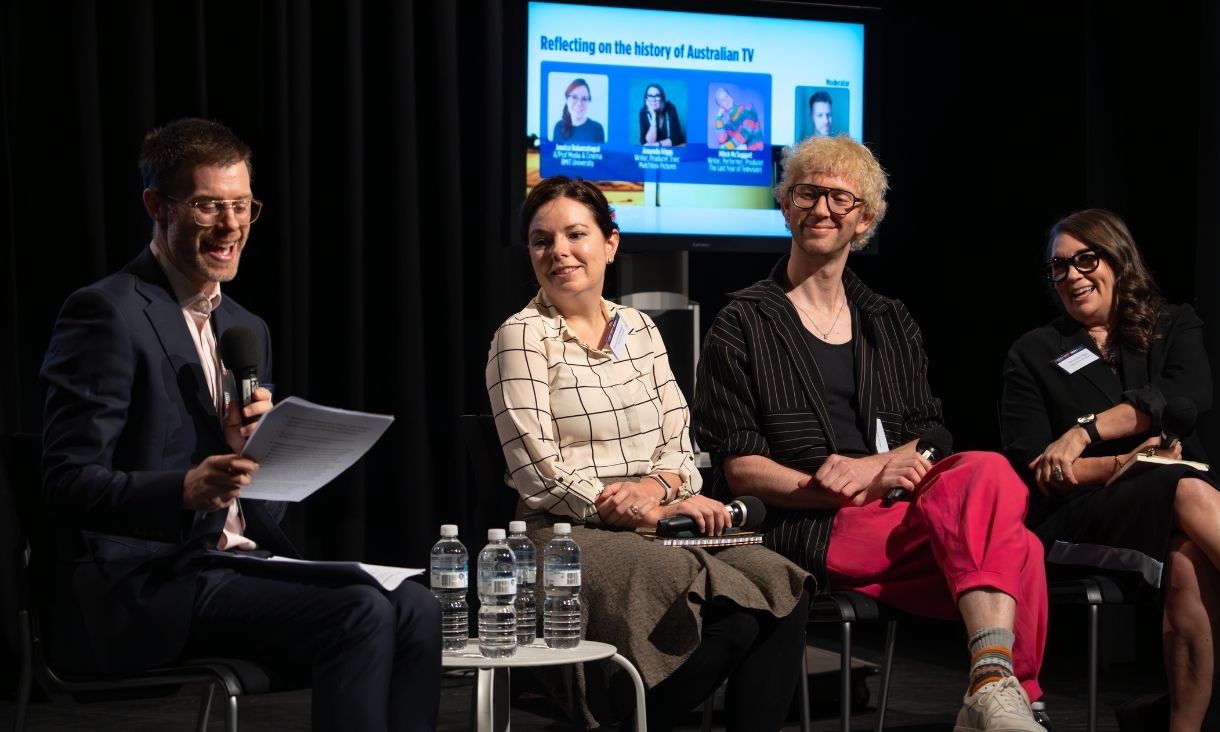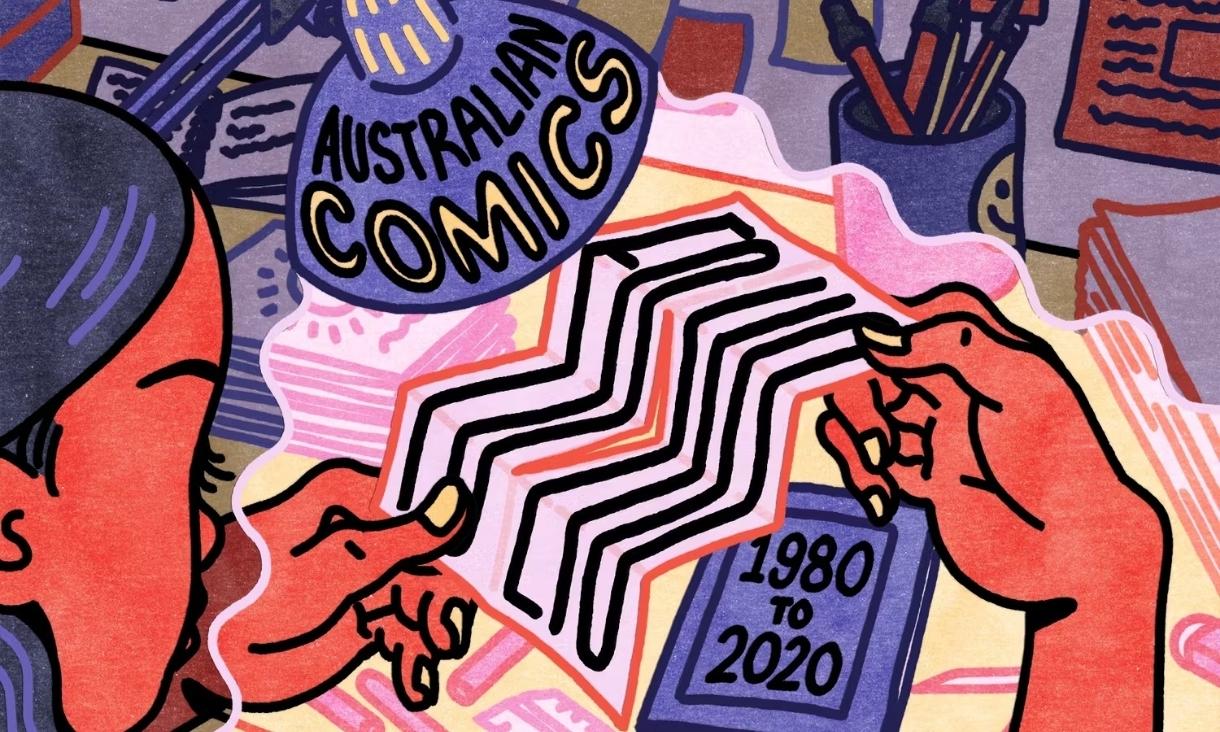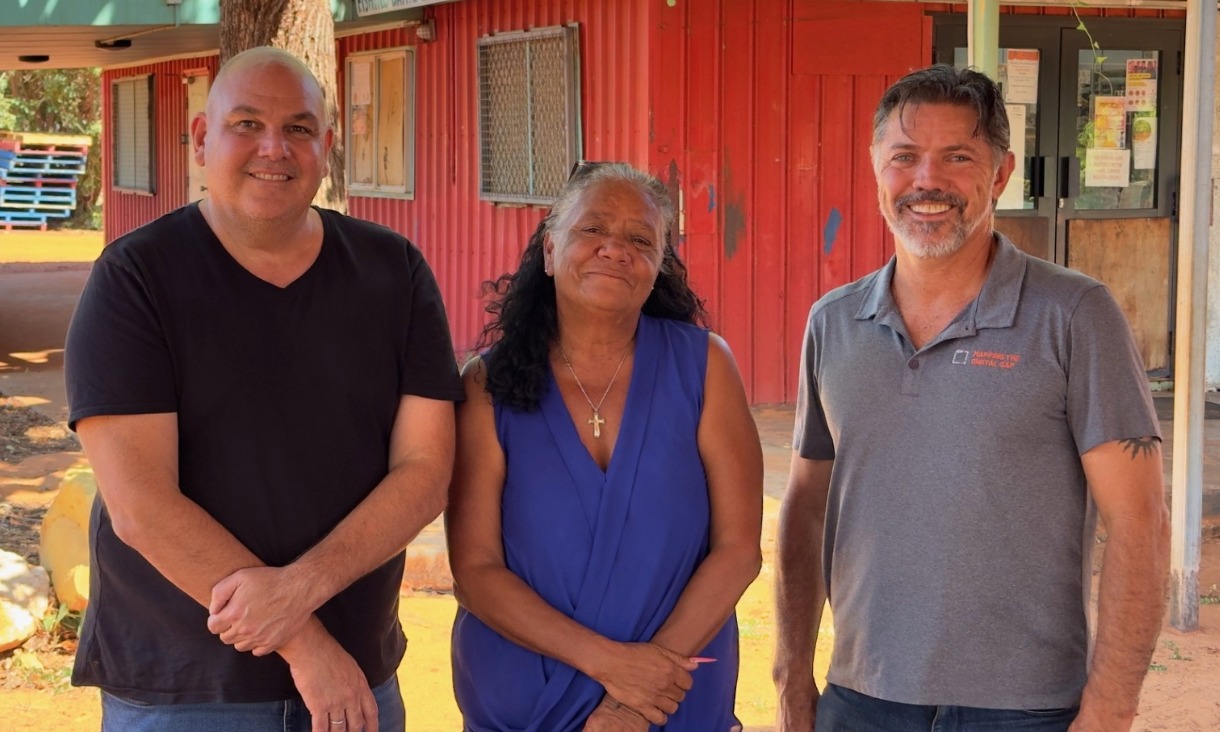Led by RMIT’s Writing and Publishing and Bowen Street Press, The Gazette was published over the 11 days of the Emerging Writers’ Festival (EWF) in print and online by students from the Creative Writing, Design Communication, Photography, Professional Communication, Journalism, Applied Science, and Professional Writing and Editing disciplines.
The students were organised into roles simulating an old fashioned news room, only with laptops and a high-speed risograph printer replacing typewriters and printing presses.
An agile editorial team and on-the-ground reporters were integrated into the ‘vertical studio’ structure, bringing together associate degree, graduate diploma, masters and higher degree research students into an intensive collaborative environment working to real-world deadlines.
Associate Professor Francesca Rendle-Short, said The Gazette was a “hands-on, immersive learning experience” designed to develop students’ professional experience, skills and creative abilities.
“Students work closely with each other and with industry specialists and mentors in a structured project,” Rendle-Short said.
“The range of final content was developed from day to day, and included interviews, creative writing, criticism, opinion, profiles, photography and investigative journalism in response to the themes of the EWF program, including food writing, the art of science, and envy in the writing world.”
Editors and reporters got their fingers inky distributing between 230 and 780 issues of The Gazette to The Wheeler Centre, State Library of Victoria, restaurants, libraries, cafes and book shops each day.
Professional Writing and Editing student Elise Hassett said working on The Gazette’s editorial team was a positive but “full on” experience.
“I have a background in graphic design, so I thought my previous employment would see me through – and I’ve worked in some busy environments – but nothing prepared me for The Gazette,” Hassett said.
“It did get much easier as the days progressed and we got our systems in place. It was incredibly rewarding to be working as part of a committed team, all with the same end goal in mind.”
First year Master of Writing and Publishing student Pia Gaardboe, also a member of the editorial team, said the collaborative nature of its creation was the secret of the publication’s success.
“There was such a mix of background skills and knowledge,” Gaardboe said.
“It was really great seeing how people with lots more experience in my field handled the tasks we were given. There was one afternoon the editors spent a good hour discussing whether commas should be inside or outside quotation marks, and for some reason it made me happy knowing that this is the industry I want to be in.”
Before entering the publishing environment, students completed workshops with industry experts including EWF director Michaela McGuire, publisher of literary journal The Lifted Brow, Sam Cooney, and editorial director of Broadsheet, Tim Fisher.
McGuire said that running a real-life news room in conjunction with EWF enabled artists and audiences to engage with the festival in a new way.
“The Gazette provided our staff with the chance to see the program reflected back at us through a critical lens, and it has been a great impetus for us to consider our programming more objectively,” McGuire said.
“The Gazette perfectly fits in with EWF’s mission to provide professional development opportunities for writers at a critical juncture in their careers, and it is through projects like these that our future writers, editors and publishers learn essential skills.”
Gaardboe said that the opportunity to work with industry heavyweights has made all the difference in her degree.
“A postgraduate course is more or less necessary to get into the editing and publishing industry, and the course I’m doing at the moment is the perfect practical solution to that,” Gaardboe said.
“We run an actual publishing house, The Bowen Street Press, with the guidance of industry professionals. How much more practical can you get?
“If this course doesn’t prepare me for a career in the publishing industry, nothing will.”
Story: Bradley Dixon

